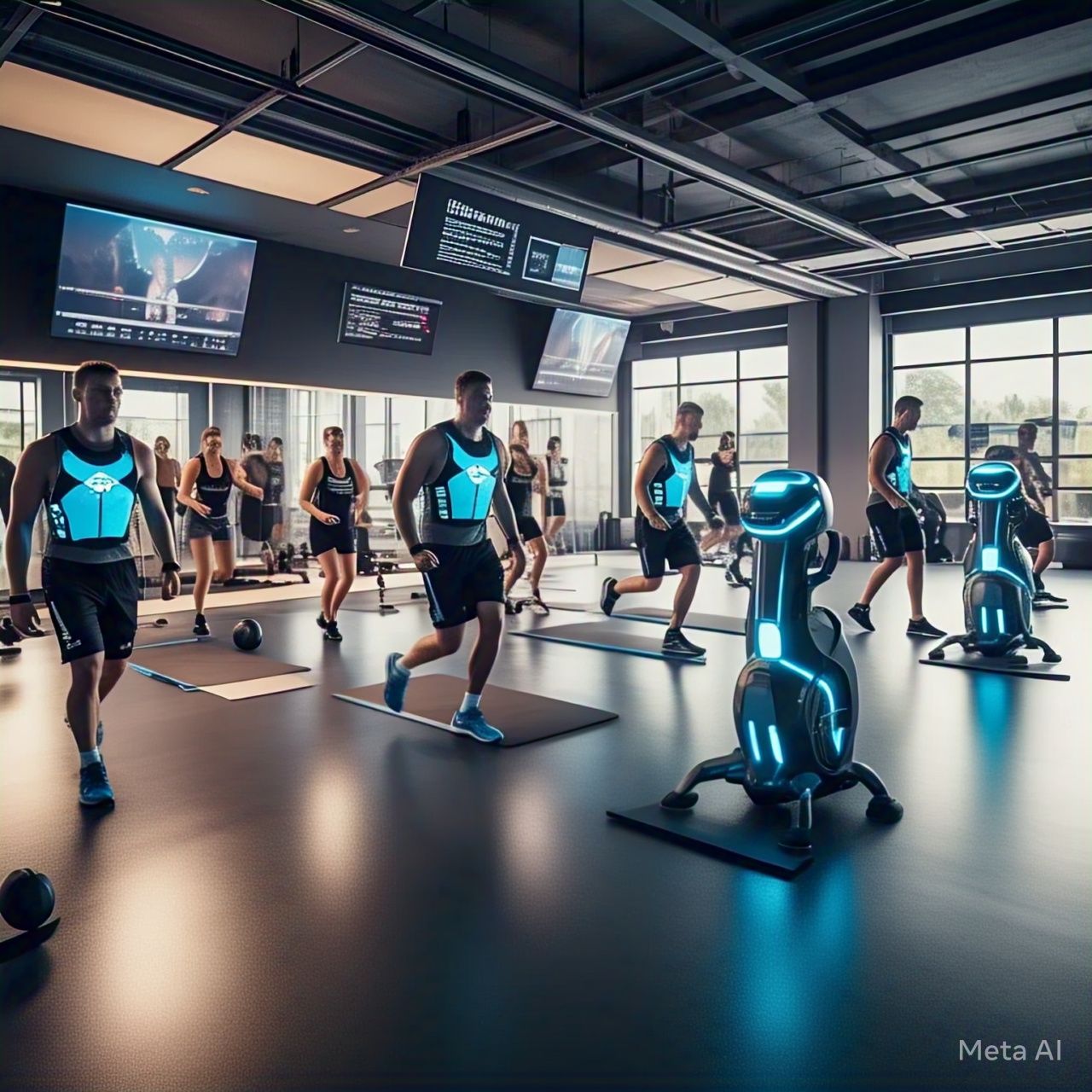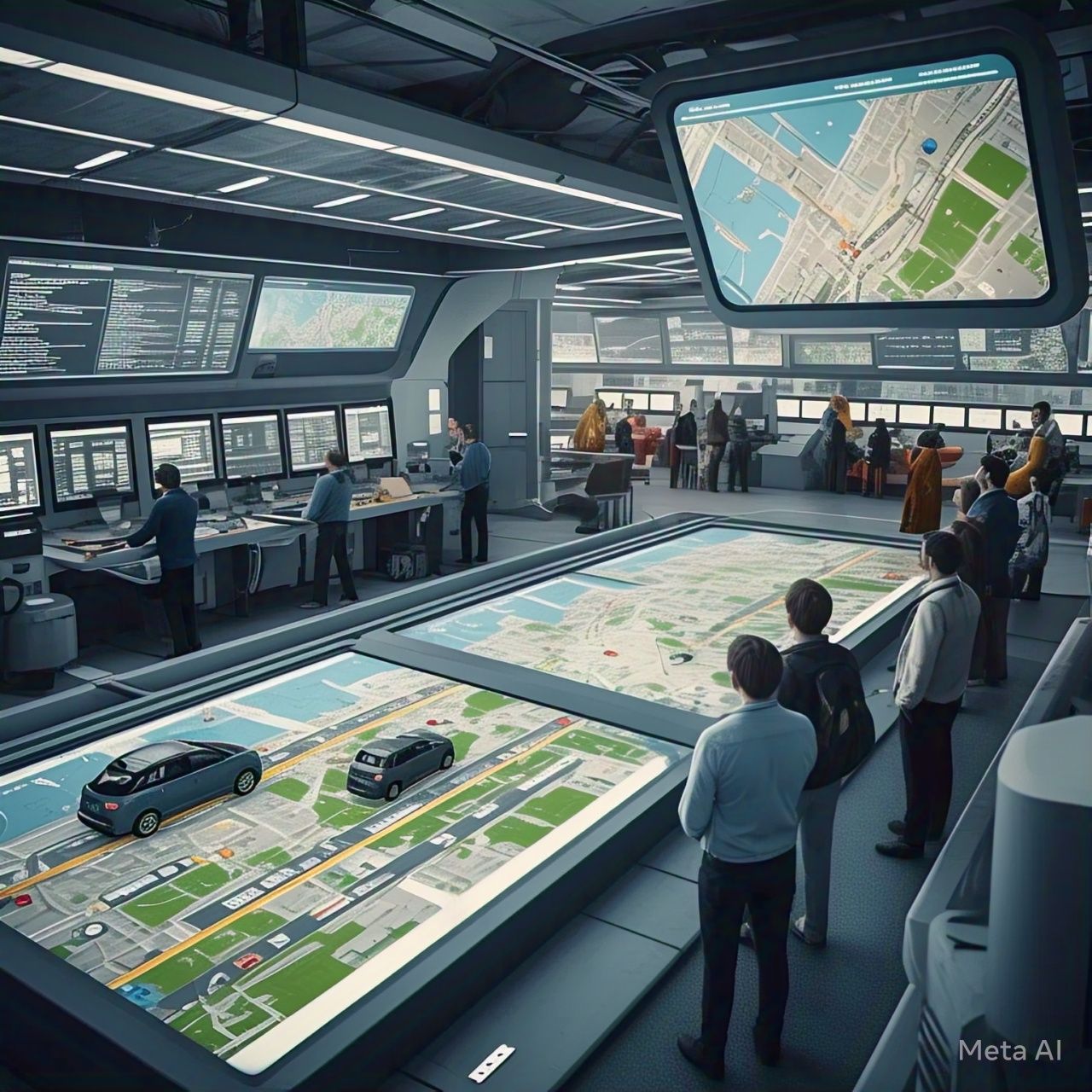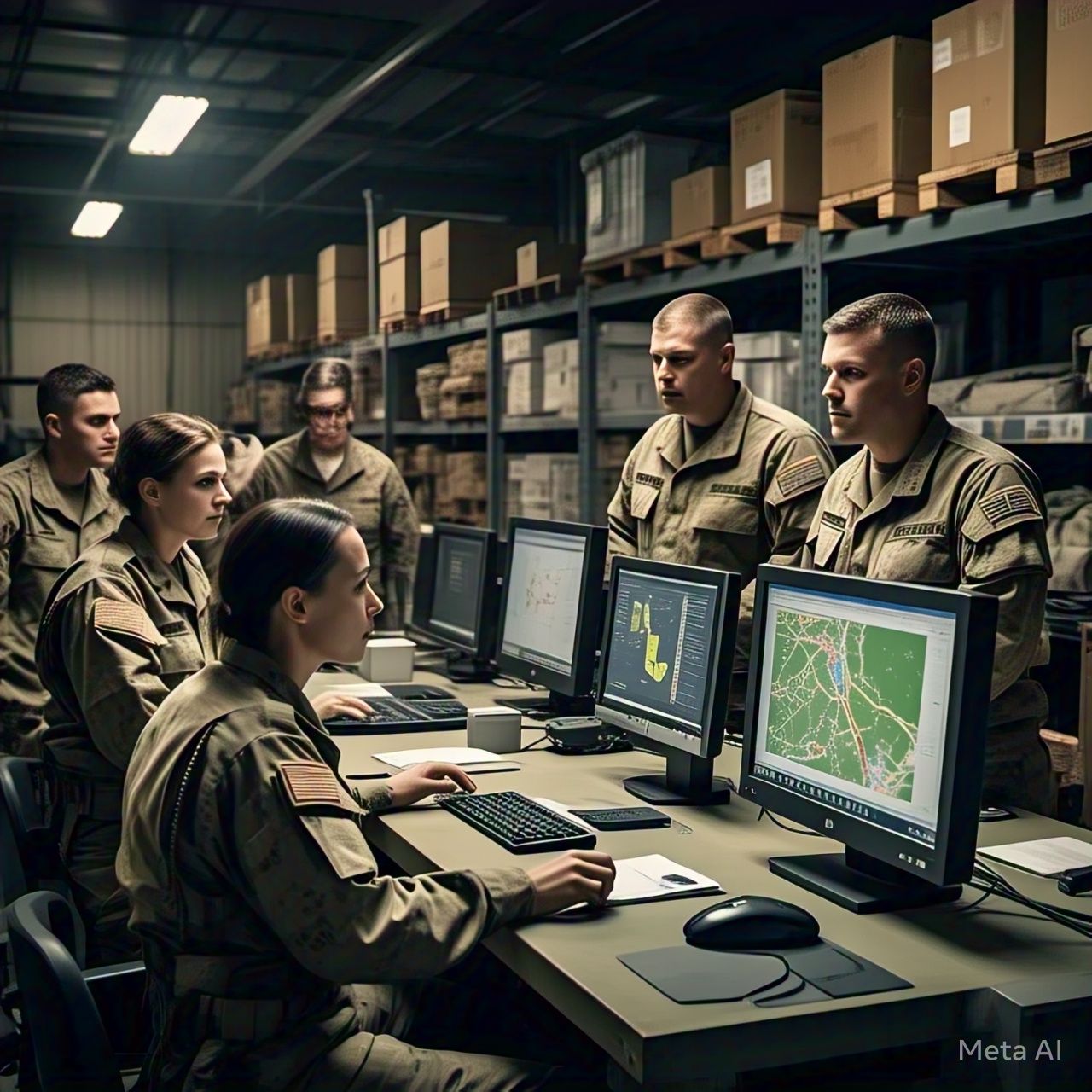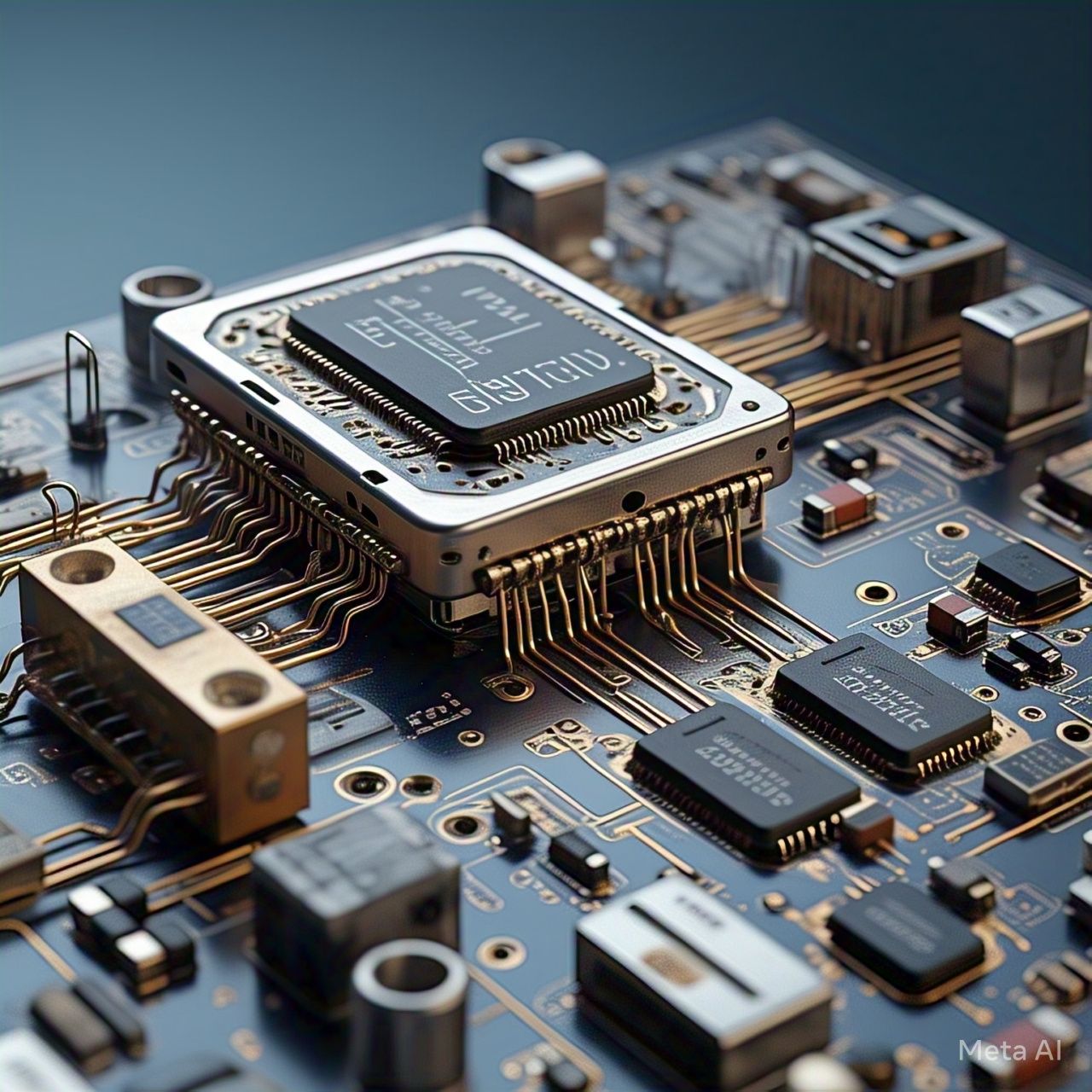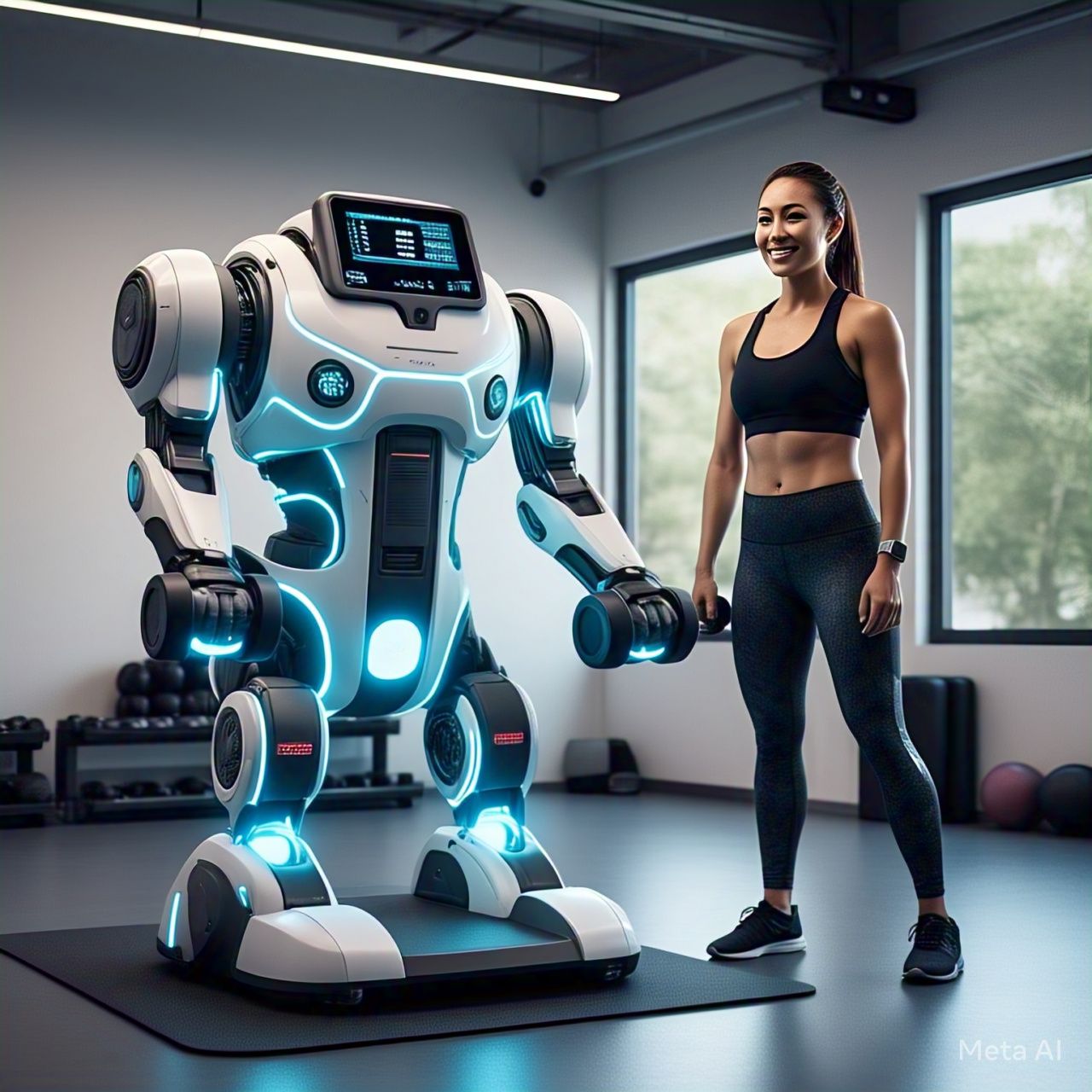Introduction
As artificial intelligence (AI) continues to evolve, so does its role in human interactions. From virtual assistants to humanoid robots, AI is becoming an integral part of daily life. But can AI-driven robots go beyond functionality and become true companions or even friends? With advancements in machine learning, natural language processing, and emotional AI, robots are now capable of engaging in conversations, understanding emotions, and offering companionship. This article explores whether AI can truly fulfill the role of a friend and what the implications are for human relationships.
The Rise of AI Companionship
1. AI Chatbots and Virtual Friends
AI chatbots like Replika and Woebot are designed to provide emotional support and companionship. These virtual friends use machine learning to engage in meaningful conversations, learning from user interactions to create personalized experiences.
2. Humanoid Robots for Social Interaction
Robots like Sophia by Hanson Robotics and Pepper by SoftBank are built to communicate with humans using voice recognition, facial expressions, and body language. These social robots are being used in homes, hospitals, and eldercare facilities to provide companionship and reduce loneliness.
3. AI in Gaming and Virtual Worlds
AI-driven characters in video games and virtual reality (VR) platforms can create immersive social experiences. Virtual worlds powered by AI, such as those in the metaverse, allow users to form bonds with AI-driven entities that learn and adapt over time.
4. Emotional AI and Sentiment Analysis
Advancements in emotional AI enable robots to recognize and respond to human emotions. AI systems analyze voice tone, facial expressions, and text-based communication to offer empathy-driven responses, making interactions feel more human-like.
Can Robots Truly Be Friends?
1. Understanding vs. Simulating Emotions
While AI can recognize and respond to emotions, it does not experience feelings as humans do. This raises the question: Can friendship exist without true emotional understanding, or is it enough for AI to simulate companionship?
2. The Psychological Impact of AI Companionship
Studies show that AI companionship can reduce loneliness and provide mental health benefits, especially for individuals who struggle with social interactions. However, reliance on AI friendships might also hinder real human connections.
3. Ethical Considerations and Dependency
As AI companions become more advanced, ethical concerns arise. Should people form deep emotional bonds with AI, and could this lead to unhealthy dependencies? The line between beneficial companionship and emotional detachment from human relationships is still being debated.
4. The Future of Human-Robot Relationships
AI will continue to play a role in social interactions, with future advancements making robots more lifelike and emotionally intelligent. While AI may never replace human friendship, it could supplement human relationships by providing support, entertainment, and engagement.
Conclusion
AI-driven robots and virtual companions are redefining the concept of friendship. While they cannot truly feel emotions, their ability to engage, support, and adapt makes them valuable social tools. As AI continues to evolve, the question remains: Can simulated friendship be as meaningful as human connection? The future of socializing with AI is still unfolding, but one thing is certain—robots are becoming an increasingly important part of our social lives.
